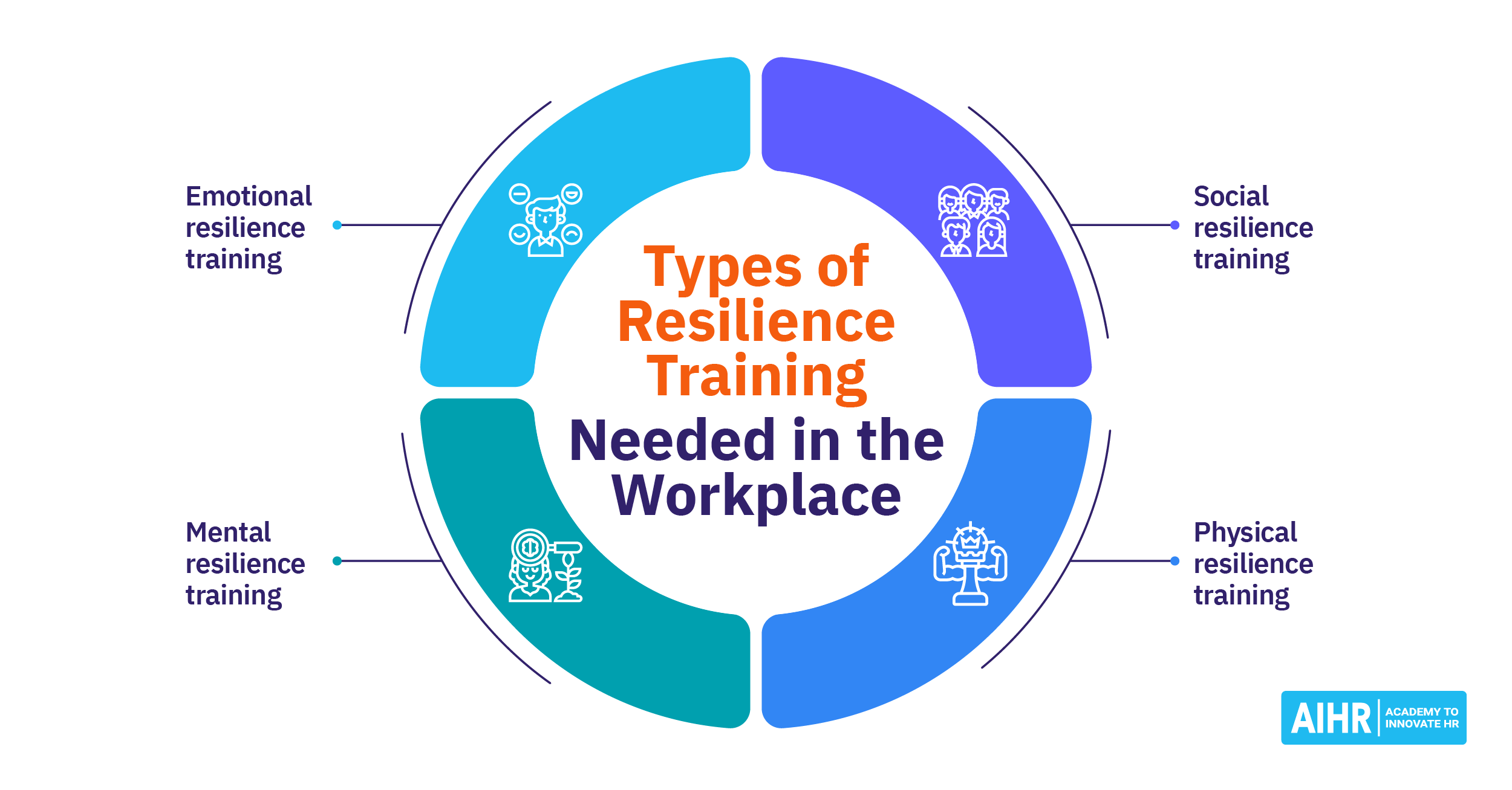Finding Strength In Adversity: A Guide To Resilience And Mental Health

Table of Contents
Understanding Resilience: What It Is and Why It Matters
Defining Resilience
Resilience is the ability to adapt successfully to stress, trauma, tragedy, threats, or significant sources of change. It's not about avoiding hardship, but about navigating it effectively, maintaining a positive outlook, and learning from difficult experiences. Resilient individuals demonstrate adaptability, problem-solving skills, and emotional regulation. They possess the mental fortitude to bounce back from setbacks, viewing them as opportunities for growth rather than insurmountable obstacles. Building resilience is an investment in your overall well-being, fostering a stronger sense of self and greater capacity to handle future challenges.
- Resilience is not about avoiding hardship, but about navigating it effectively.
- Resilient individuals demonstrate adaptability, problem-solving skills, and emotional regulation.
- Strong resilience is linked to better mental and physical health outcomes, leading to increased happiness and life satisfaction.
- Developing resilience is a proactive process, requiring conscious effort and practice.
Practical Strategies for Building Resilience
Cultivating a Positive Mindset
A positive mindset is a cornerstone of resilience. This doesn't mean ignoring negative emotions, but rather learning to reframe negative thoughts and cultivate self-compassion. Techniques like mindfulness and gratitude practices can significantly improve your ability to manage stress and bounce back from setbacks. Positive self-talk, focusing on your strengths, and celebrating small victories all contribute to a more resilient outlook.
- Practice mindfulness meditation (even 5-10 minutes daily) to increase self-awareness and reduce stress. Numerous apps offer guided meditations for beginners.
- Keep a gratitude journal to focus on positive aspects of your life, no matter how small. Writing down three things you're grateful for each day can shift your perspective.
- Challenge negative self-talk. When you catch yourself thinking negatively, consciously reframe the thought into a more positive or realistic one. Use positive affirmations to counteract negative self-beliefs.
Building Strong Social Support Networks
Strong social connections are vital for resilience. Connecting with loved ones, seeking support from friends and family, and joining supportive communities can provide invaluable emotional buffering during difficult times. Sharing your struggles with trusted individuals can alleviate feelings of isolation and provide a sense of belonging.
- Spend quality time with supportive friends and family. Nurture existing relationships and make an effort to connect regularly.
- Join support groups or online communities related to your challenges. Connecting with others facing similar struggles can offer comfort and validation.
- Don't hesitate to ask for help when needed. Accepting support from others is a sign of strength, not weakness.
Developing Healthy Coping Mechanisms
Developing healthy coping mechanisms is crucial for managing stress and adversity effectively. Exercise, healthy eating, hobbies, and relaxation techniques are all powerful tools for building resilience. Avoid unhealthy coping mechanisms like substance abuse, as these can exacerbate mental health challenges in the long run.
- Engage in regular physical activity. Exercise releases endorphins, reducing stress and boosting mood. Aim for at least 30 minutes of moderate-intensity exercise most days of the week.
- Prioritize a balanced diet and sufficient sleep. Proper nutrition and rest are essential for both physical and mental well-being.
- Engage in relaxing activities like reading, listening to music, spending time in nature, or pursuing a hobby you enjoy. These activities can provide a much-needed break from stress and promote relaxation.
Seeking Professional Help: When to Reach Out
Recognizing the Signs
While navigating challenges is a normal part of life, it's essential to recognize when you might need professional help. Persistent sadness, difficulty concentrating, changes in sleep or appetite, increased irritability, feelings of hopelessness or worthlessness—these are all potential signs that you're struggling with your mental health. Don't hesitate to seek professional help if you're experiencing these symptoms or if your usual coping mechanisms aren't working.
- Persistent sadness or low mood lasting more than two weeks.
- Difficulty concentrating or making decisions.
- Significant changes in sleep patterns or appetite.
- Increased irritability or anger, disproportionate to the situation.
- Feelings of hopelessness or worthlessness.
- Thoughts of self-harm or suicide.
Finding the Right Resources
Many resources are available to support your mental health journey. Your primary care physician can provide referrals to therapists, counselors, or psychiatrists. Online directories can help you find mental health professionals in your area, and numerous online resources offer mental health support and information. Don't be afraid to reach out – seeking help is a sign of strength, not weakness.
- Your primary care physician can provide referrals to mental health professionals.
- Online directories, such as Psychology Today, can help you find therapists in your area.
- Many online resources, such as the National Alliance on Mental Illness (NAMI), offer mental health support and information.
- Crisis hotlines provide immediate support during times of emotional distress.
Conclusion
Finding strength in adversity is a journey, not a destination. By understanding resilience, implementing practical strategies, and seeking support when necessary, you can build the emotional fortitude to navigate life's challenges and cultivate a fulfilling life. Remember, prioritizing your mental well-being is crucial for overall health and happiness. Building resilience is an ongoing process, requiring self-awareness, consistent effort, and a willingness to seek support when needed.
Call to Action: Start building your resilience today. Explore the strategies outlined in this guide and don't hesitate to seek professional help if you're struggling. Remember, finding strength in adversity is possible, and you are not alone in this journey. Learn more about building your resilience and improving your mental health. Take that first step towards a stronger, more resilient you.

Featured Posts
-
 Nou Membru In Familia Schumacher Pilotul Legendar A Devenit Bunic
May 20, 2025
Nou Membru In Familia Schumacher Pilotul Legendar A Devenit Bunic
May 20, 2025 -
 Pandemic Fraud Lab Owner Convicted For Fake Covid Test Results
May 20, 2025
Pandemic Fraud Lab Owner Convicted For Fake Covid Test Results
May 20, 2025 -
 Taiwans Nuclear Phase Out The Rise Of Lng Imports
May 20, 2025
Taiwans Nuclear Phase Out The Rise Of Lng Imports
May 20, 2025 -
 Familie Uitbreiding Jennifer Lawrence Opnieuw Moeder
May 20, 2025
Familie Uitbreiding Jennifer Lawrence Opnieuw Moeder
May 20, 2025 -
 Sueper Lig Dusan Tadic 100 Maca Ulasti
May 20, 2025
Sueper Lig Dusan Tadic 100 Maca Ulasti
May 20, 2025
